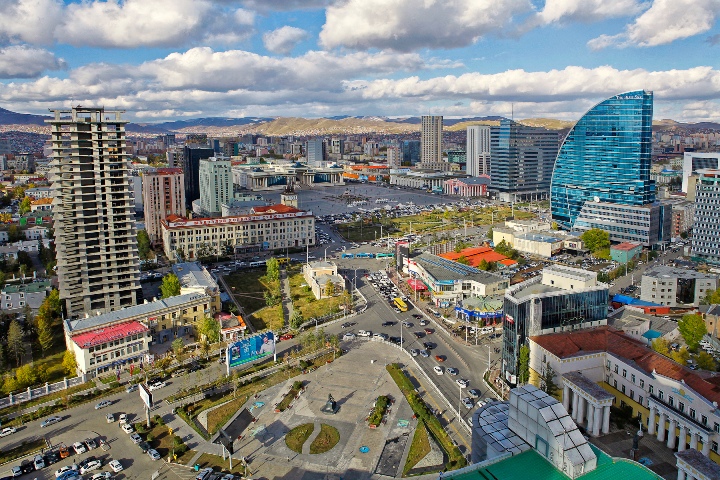World Bank approves US$12 million for Ulaanbaatar clean air project
MongoliaThe project aims to help Ulaanbaatar’s ger area residents access cleaner heating appliances, scale up the efficiency of household energy use, and support measures to reduce levels of particulate matter in the air.

- Country:
- Mongolia
The World Bank Board of Executive Directors approved US$12 million in additional financing for the Ulaanbaatar Clean Air Project (UBCAP).
The project aims to help Ulaanbaatar’s ger area residents access cleaner heating appliances, scale up the efficiency of household energy use, and support measures to reduce levels of particulate matter in the air.
Ulaanbaatar is among the most polluted cities in the world. About half of its 1.4 million residents live in informal ger areas without access to district heating. To keep warm in winter, residents rely mainly on stoves and low-pressure boilers burning coal and wood — one of the leading causes for high levels of air pollution in winter and smog-induced public health problems.
The UBCAP was first approved in April 2012 with a total of US$15 million in financing to help ger area residents gain access to heating appliances that produce less particulate matter emissions and to develop measures to reduce particulate matter in Ulaanbaatar in coordination with development partners. The project distributed more than 40,000 clean stoves between 2013 and 2015. A pilot program on residential energy efficiency improvement financed under UBCAP supported 472 residential houses in ger neighborhoods and 12 government buildings.
The additional financing approved today will complement past and ongoing efforts by the government and development partners to reduce air pollution. Specifically, the project will fund procurement of electric heating appliances, replacement of selected heat-only-boilers, and scale up the residential energy efficiency improvement program. It will also continue supporting the government in strengthening regulations and their enforcement of clean heating. These activities are expected to help 5,000 more households access electric heating appliances with an estimated reduction in GHG emissions of 22,615 tons per year.
“Ulaanbaatar’s air quality challenges cannot be solved with one single solution: multiple abatement measures need to be pursued simultaneously in the short-to-medium term. One such measure is the access to clean and energy-efficient heating appliances, which is crucial to the well-being of the most vulnerable residents of Ulaanbaatar,” said Andrei Mikhnev, World Bank Country Manager for Mongolia. “Through this project, we are delighted to expand our support to Mongolia to help address these challenges.”
A new component added under the additional financing is a demonstration program on electric heating with thermal storage. The component will introduce heaters that can store surplus electricity produced during winter nights from combined heat and power plants and wind farms and use it back for clean heating for the entire day. Combined with energy efficiency measures, experiences and lessons learned will inform the design of the government’s electric heating program, which aims to provide electric heating for more than 40,000 ger households.
The Bank is also supporting the government to develop a broader program to tackle air pollution in the longer-term, including rehabilitation and expansion of the district heating network, scaling up decentralized clean heating solutions and building energy efficiency in ger areas.










